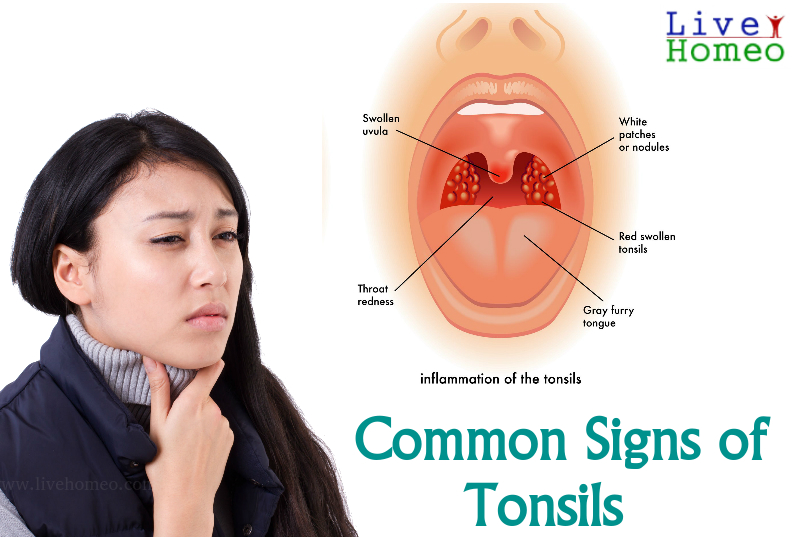Need to Know about Symptoms and Causes of Tonsils and Adenoids
Both tonsils and adenoids are the two ENT conditions that are raised due to infection from different organisms. These two are treated as the first line of our body’s defense system and helps to trap viruses and bacteria from entering our body. They also produce required antibodies and protect our body from different infections. While protecting our body, sometimes these two also get infected and become enlarged. If left untreated these enlarged tonsils and adenoids lead to complications like hearing loss, sinusitis, obstructive sleep apnea, and so on. In severe cases, these tonsils and adenoids are removed using invasive procedures.
 Overview
Overview
As discussed earlier both tonsils and adenoids play a crucial role in protecting our bodies. Let us in detail discuss them along with their causes
Tonsils– These are the two lymph nodes present at the back of your throat. Tonsils mainly produce leukocytes (WBCs) which assist in fighting infections caused due to viruses and bacteria. Tonsils when get infected leads to a condition called tonsillitis. Infection due to viruses or bacteria is the main cause of tonsillitis. This condition is most commonly seen among children as they are more prone to viruses and bacteria in schools and other play areas. When get infected these tonsils enlarge and interfere with swallowing and breathing. Tonsillitis can be both recurrent and chronic.
Adenoids– these are the pads of tissues present at the back of your throat. Adenoids also produce antibodies to fight infections. These mainly help to trap the organisms from entering our body through the mouth and nose. Just as tonsils, adenoids also get affected by viruses and bacteria. Adenoids are very common among children. Children with adenoids mainly face difficulty breathing through the nose and hence start breathing with a mouth.
Common symptoms of tonsils and adenoids
Though both tonsils and adenoids are lymphoid tissues, they affect our body in different ways. Here are few common adenoid and tonsillitis symptoms
Symptoms of tonsils
- Fever and chills
- Sore throat
- Difficulty swallowing
- Bad breath
- Stiff neck
- Headache
- Tiredness
Symptoms of adenoids
Enlarged adenoids are associated with several signs. Here are few common adenoid symptoms
- Facing difficulty breathing
- Breathing loudly through the mouth
- Runny and blocked nose
- Fever
- Altered speech
- Frequent sinus infections
People with adenoids face dry mouth problems as they breathe through the mouth. Due to this people also face other symptoms like bad breath and cracked lips. Most people with adenoids also face recurrent ear infections, this is due to nasal blockage and excess collection of ear wax.
How to identify Tonsils and Adenoids?
Learning the difference between tonsils and adenoids is very crucial. One can easily see through enlarged tonsils but cannot see through adenoids as they are located at the back of your throat and need small instruments to see. Consult a specialist if you experience any of the above symptoms like blocked nose, sore throat, fever, and so on. Your doctor can easily identify your condition and differentiate between tonsils and adenoids thorough physical examination and may also ask few questions regarding your symptoms.


